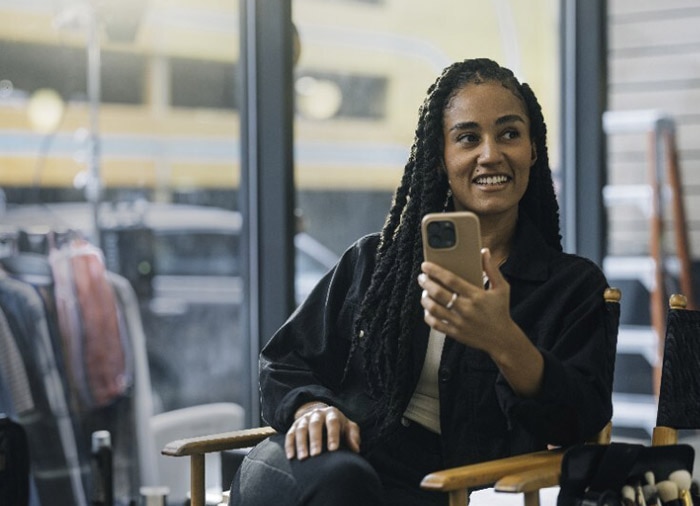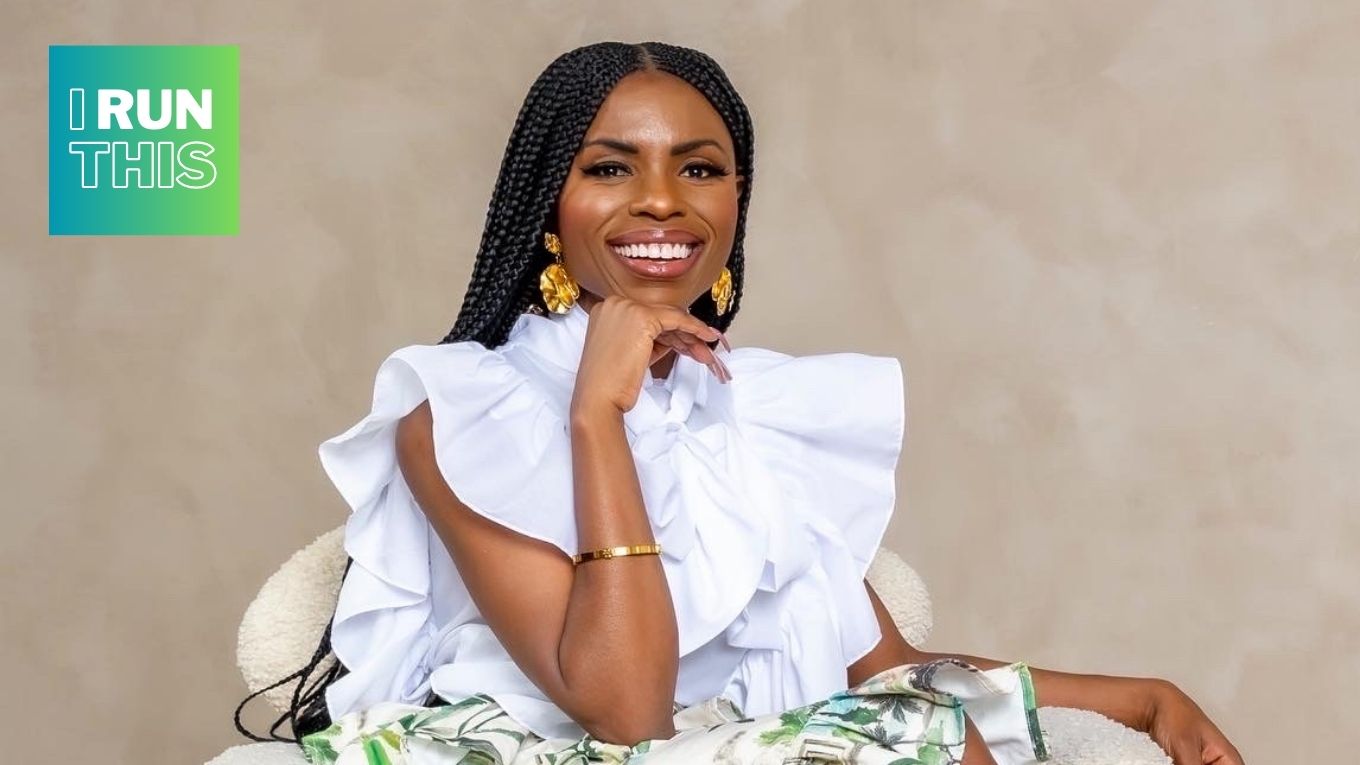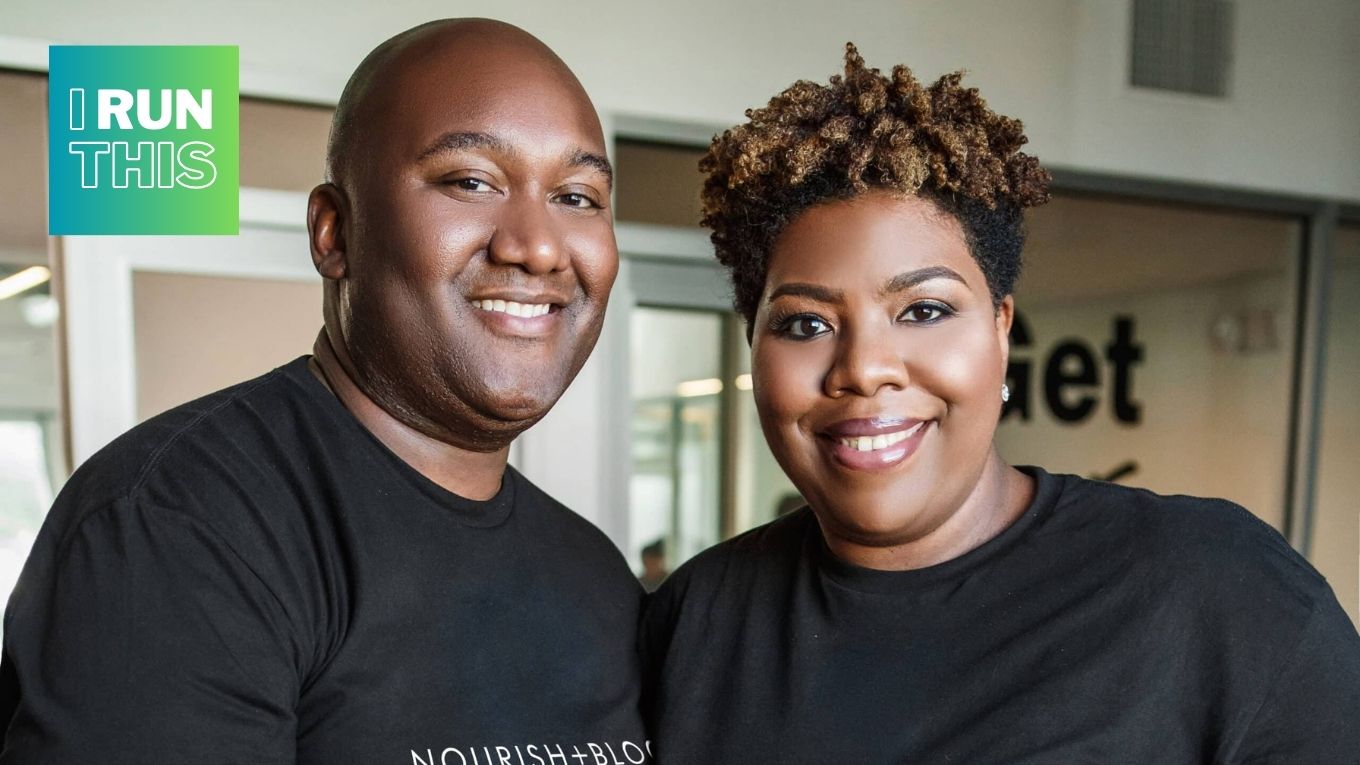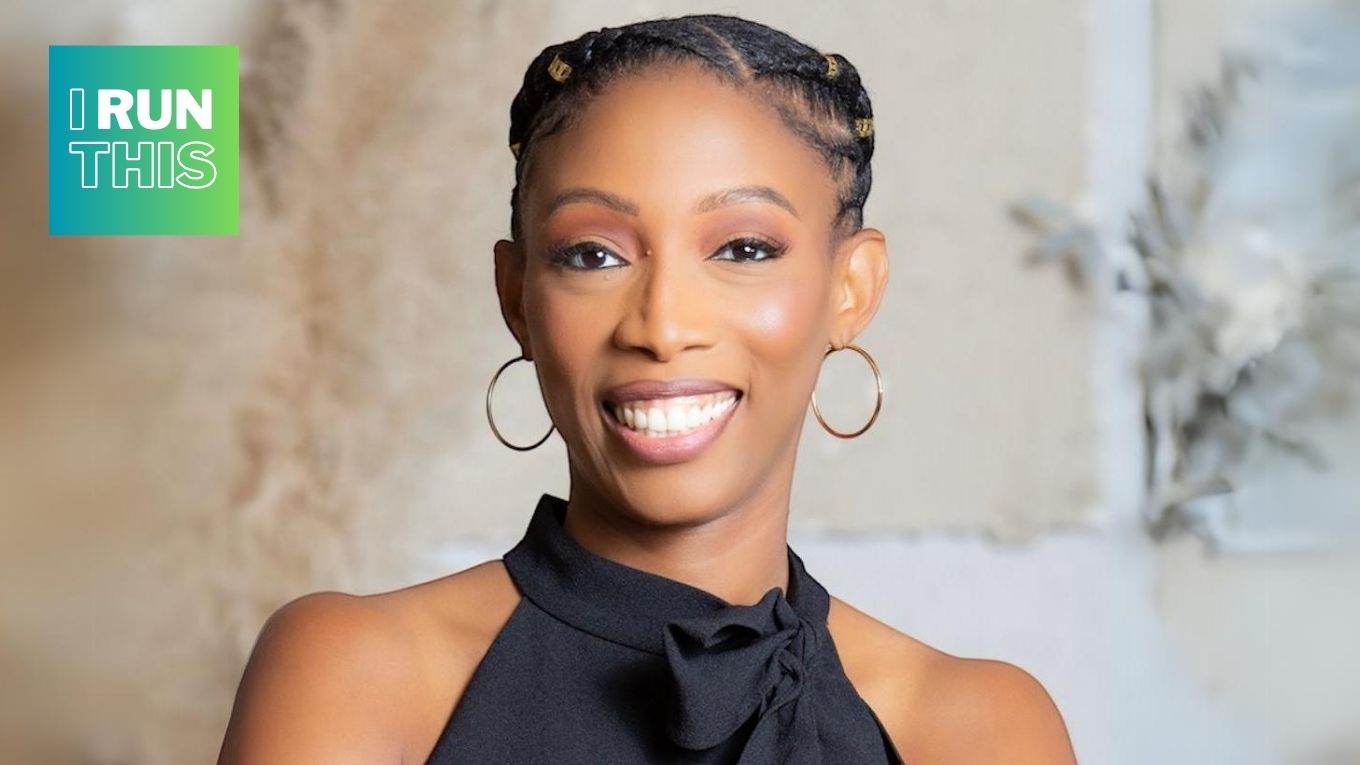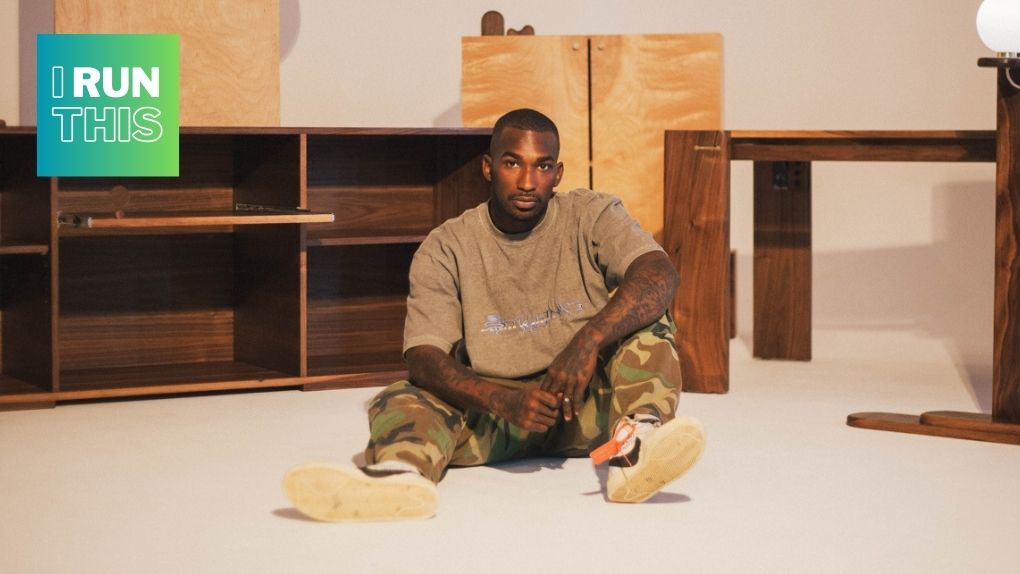
Robby Simon’s business is his imagination
What makes your small business unique from others?
I don't think of my business as “unique”. I make art and that’s pretty common. But what I find makes it unique, at least to me, is being able to tell the story of designing and building furniture, particularly the way I approach it. All aspects of each design kind have a mythology that is channeled through all of the influences and experiences and cultures and subcultures that are a part of me.
Why did you decide to start your own business? How did you get started?
I decided to start my own business because it was a way to keep making these things that are in my head just swimming through my imagination. They become almost tangible.
What is the biggest lesson you learned in the first year?
I learned that it was possible to be me and do this craft and see the things from my mind out in the world. That was such a life-changing experience. Not many people where I come from, or who have my background, can say “I thought of this and I have the access and support to make this become real.”
What was the most surprising thing about becoming a business owner?
It’s not surprising to me, however, it’s always a surprise to others when they discover I have a full-time job on top of having my business and a family!
Were there any things about running a business you didn’t know when you started? How did you teach yourself?
I didn’t know anything about business but luckily I worked in Mailchimp’s Facilities department, which was an amalgamation of creative direction, interior design, graphic design, and routine maintenance skills. But I got to sit in on a lot of talks from business owners around the city, and actual movie directors, and since Mailchimp is a business that helps grow other businesses really well, I just kept listening. Then I applied those things little by little!
What tools help you run your business?
I use YouTube a ton. I also taught myself 3D modeling and I use that very often to show clients my thoughts and get feedback or design different parts I need (like my squiggle inlays). I use Quickbooks to quickly send invoices, and it’s so simple to use. Instagram to put my art out there and connect with other designers or publications I respect, to see beautiful images, and to let people who are interested see my artwork as well. And honestly, something I am most proud of is my Pinterest. I have those things organized, filed with extra tabs and features. I use that constantly to send ideas to collaborators and lock in on different ideas.
How does running your own business make you feel?
It feels like I am in a pretend world — like the movies I would watch growing up. I love that I get to build my own worlds, and have my own ethos, and make something how I want to make it. I treat it like an extension of myself and my imagination!
What advice do you have for other entrepreneurs looking to start their own business?
It can be at your own pace. Not everyone out there on social media has the answers. And if you don't need to start a business you do not have to. You can start small, making whatever it is because you love it and would do it for free, for yourself, in your own time.
For Black History Month, we’re talking a lot about the importance of credit and recognition. What’s your advice to Black business owners trying to make sure they are seen and heard?
A lot of times we have the notion that we have to assimilate and gain recognition from certain brands leaders and “gatekeepers” when really there is a lot we are and can do with each other for each other. So remember you are not alone, and people want to see you succeed.
And have audacity. Meaning — your story and your background. What you have, and how you make it work with what you don't have, are keys to open doors and avoid stumbling blocks that keep you from something. You may come to realize that you can build your own castle with what is at hand, it just may not look like the other castles, and that is perfectly fine.
What challenges do you feel are unique to Black business owners?
The knowledge and access that makes it possible to create something. Sometimes all people may need is the right direction toward something, but there are attitudes that exist that say it’s a “handout” when it’s just passing knowledge. And having access to knowledge, pathways to making, and so on, are how we as a society get innovation.
Also, the capital it might take to make something or see something. I know for me finding spaces like MASS Collective, a makerspace in the heart of Atlanta, was groundbreaking. Finding another Black furniture maker was life-changing for me.
What has been your proudest moment?
My proudest moment was when my son started joining me in the workshop. That was really generational and healing for me in a way I don't think he realizes.
What are the next big plans you have for your business?
I'm honestly so enamored by the support and what I have done so far in just three years of design and building furniture and objects. I had no real goals other than to be able to do it at all, and that was unbelievable in and of itself. It still does not feel real some days. Even though I still work a full-time job, I am honored by all of the milestones that have occurred thus far. My plans would be to continue saving to hopefully build a shop of my own and maybe do this full-time.
I am also working on other home decor and other goods that are not just furniture that I’m equally excited about. I have always been inspired by other brands’ releases of fun, kitschy items.
When you’re having a tough day, who or what inspires you to keep going?
In a real sense my family and support system. I think every person is standing on the mountains of “yes” in their lives. Whether from parents, peers, or friends. Having my wife and my kids has been a steady rudder guiding me and keeping me sane.
How do you maintain a work/life balance as a small business owner?
So, I work full-time, I also have a family all the time. That helps me keep a steady and level head and keep things in perspective. Luckily, because I have steady income, it allows me to experiment before I release something, and have to maintain the demand for those products. I also only take on enough clients as I can handle while also working full-time. This allows for a steady pace to produce the highest quality goods.
What’s your “power song” and why?
Honestly, the opening horn sound of “Man! I Feel Like a Woman!” by Shania Twain makes me want to kick a door in like the Kool-Aid man.











